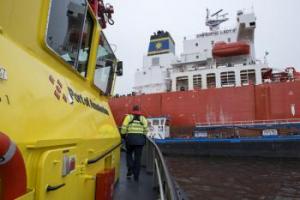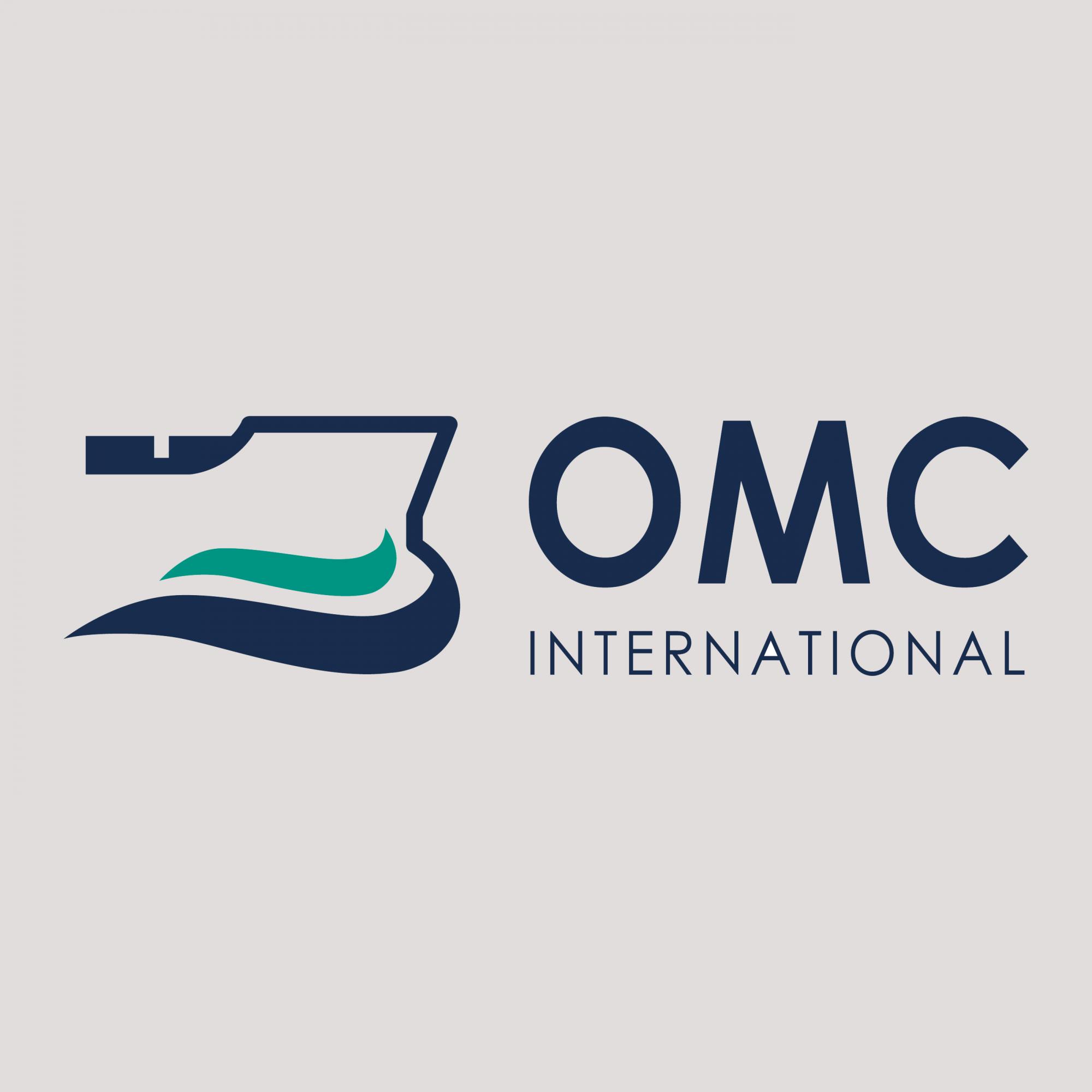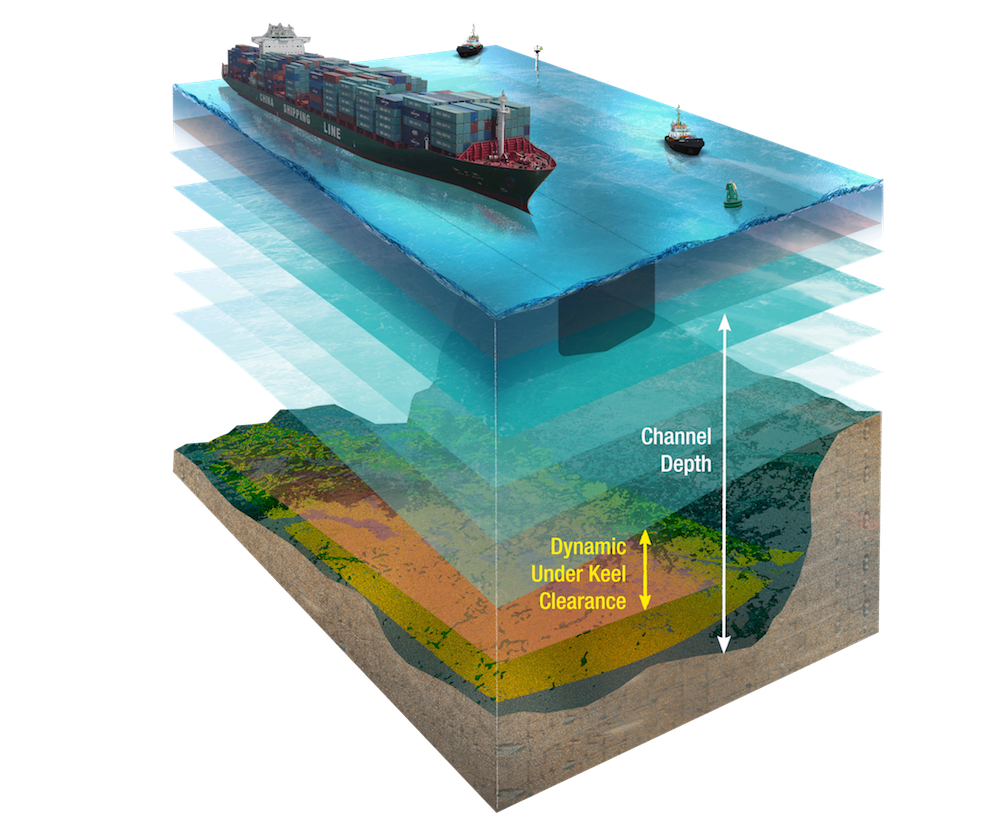Harbour Master
Harbour Masters
Worldwide there are approximately 3,000 merchant ports and the work of the Harbour Master can vary widely from country to country and from port to port even within the same country.


OMC International (OMC) is a specialist company providing consulting services and operational systems to the international maritime industry.
OMC has developed award-winning e-Navigation technology to improve transit for large commercial ships in draft restricted entrance channels and waterways, the Dynamic Under-keel Clearance System. DUKC® determines and manages a ship’s Under Keel Clearance dynamically and in real-time, and is the only independently validated and widely operational real-time under keel clearance management technology.
DUKC® has assisted more than 120 port facilities, terminals, and waterways safely and efficiently conduct more than 160,000 deep draft transits. Utilising state of the art modelling, forecasting, and data assimilation techniques that have been proven against more than 550 full scale vessel measurements, DUKC® is the world’s most comprehensive and extensively validated UKC management system.
DUKC® is also used extensively for channel design and dredge optimisation. Integrated port planning, real-time operations, and dredge optimisation through DUKC® has allowed ports to realise dredging cost savings of up to 90%. Overall dredge volume requirements, and the associated environmental impacts, are also minimised. A recent example combining an operational DUKC® with DUKC® optimised channel design allowed a client to reduce their dredged area by 90,000m2, and the channel depth by 0.6m to 1.4m.
In addition to DUKC®, the services and systems provided by OMC to our clients include:

Steve Rushbrook never predicted he would become a Harbour Master, let alone in one of the southernmost ports in the world. His career pathway to becoming a Harbour Master for New Zealand’s Otago Regional Council shows what is possible for those with less conventional backgrounds.
As part of the refurbishment for the operations and maintenance (O&M) base for the Rampion Offshore Wind Farm, Inland and Coastal Marina Systems (ICMS) has installed a floating concrete breakwater within the Port of Newhaven to provide safe berthing facilities for crew transfer vessels (CTVs).